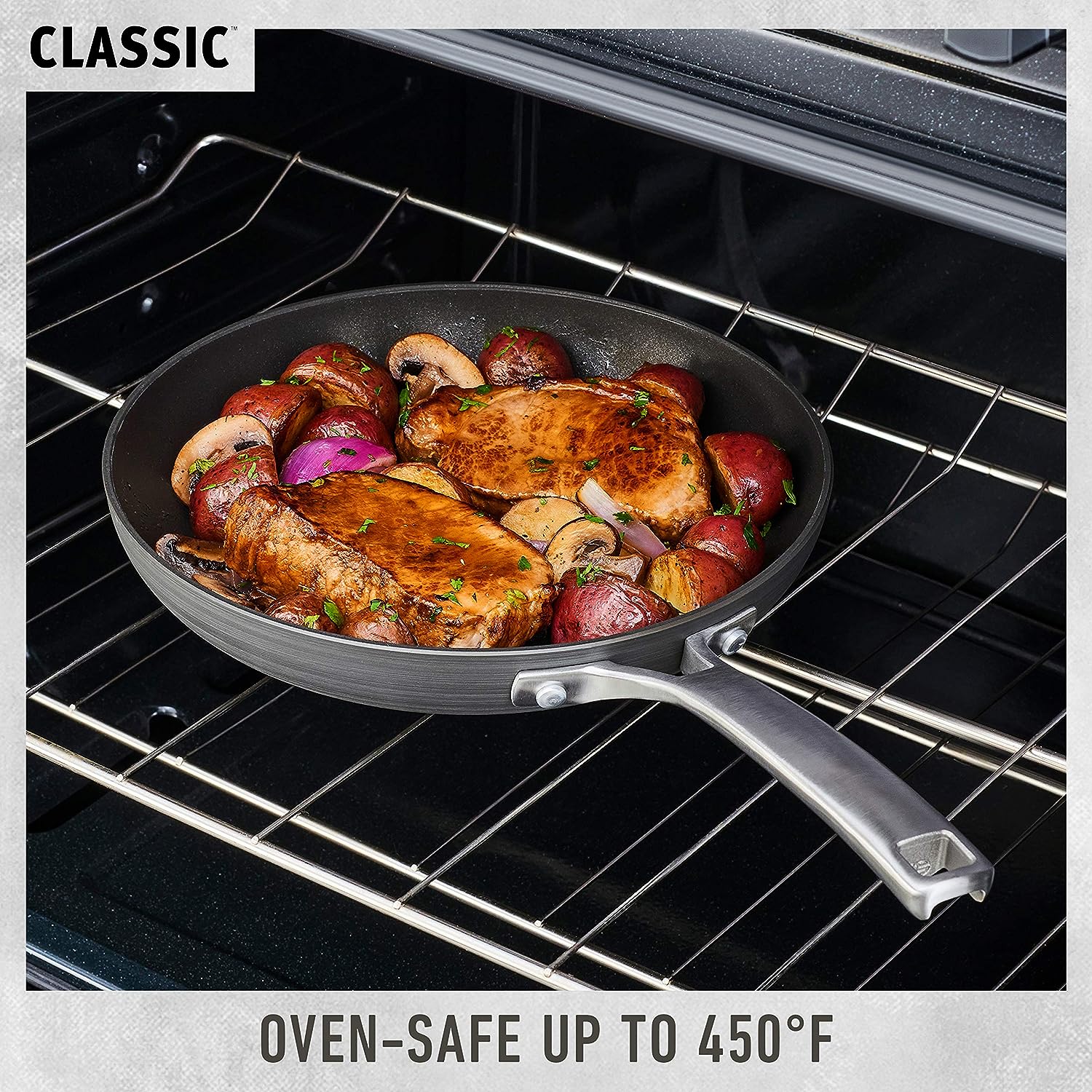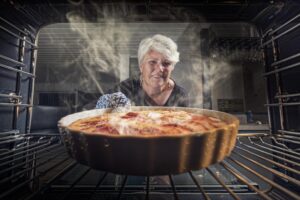In this article, you will find everything you need to know about Calphalon cookware and how to take care of it. From understanding the different materials used in Calphalon pots and pans to learning how to clean and maintain their non-stick properties, this guide covers all the essential information. Discover answers to common questions, such as whether
Calphalon cookware is safe to use and oven-safe, as well as tips on preventing food from sticking, removing stains, and restoring the non-stick coating. Whether you’re a seasoned chef or a beginner in the kitchen, this article will provide you with the knowledge to keep your Calphalon cookware in top condition and enjoy cooking with it for years to come.
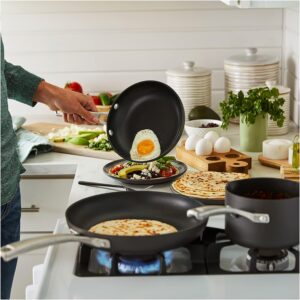
This image is the property of images.pexels.com.
What is Calphalon cookware?
Calphalon cookware is a popular brand of kitchen cookware that is known for its high-quality construction and durability. It offers a wide range of pots, pans, and other cooking utensils that are designed to meet the needs of both professional chefs and home cooks. Calphalon cookware is known for its sleek design, heat distribution, and non-stick surfaces that make cooking easier and more enjoyable.
Is Calphalon cookware safe to use?
Yes, Calphalon cookware is safe to use. It is made from high-quality materials that have been carefully selected for their safety and performance. Calphalon cookware is manufactured to meet strict quality and safety standards, ensuring that it is safe for use in the kitchen.
However, it is important to follow the manufacturer’s instructions for proper use and care to maintain the safety and longevity of the cookware.
How is Calphalon different from other cookware brands?
Calphalon stands out from other cookware brands in several ways. One of the main differences is its construction and the materials used. Calphalon cookware is often made from hard-anodized aluminum or stainless steel, which provides excellent heat conduction and even cooking.
Additionally, Calphalon cookware is known for its durable non-stick coatings, which make cooking and cleaning easier. The brand also offers a wide range of cookware options, allowing users to find the perfect pieces for their cooking needs.
What materials are Calphalon pots and pans made from?
Calphalon pots and pans are made from a variety of materials, depending on the specific product line. Some of the main materials used in Calphalon cookware include:
- Hard-anodized aluminum: This material provides excellent heat conduction and durability. It is often used in Calphalon’s non-stick cookware lines.
- Stainless steel: Stainless steel is known for its durability and resistance to corrosion. Calphalon stainless steel cookware is often layered with an aluminum core for even heat distribution.
- Ceramic: Calphalon also offers ceramic non-stick cookware options. Ceramic is a non-toxic and non-reactive material that provides excellent non-stick properties.
- Cast iron: Calphalon offers cast iron cookware that is coated with enamel for added durability and non-stick properties.
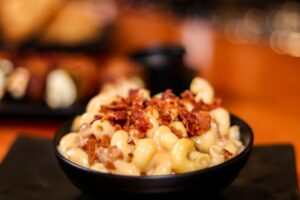
This image is the property of images.pexels.com.
Is Calphalon non-stick?
Yes, Calphalon offers a range of non-stick cookware options. Non-stick cookware is popular because it requires less oil or fat for cooking and is easier to clean.
Calphalon’s non-stick coatings are designed to be durable and long-lasting, but it is important to follow the manufacturer’s instructions for use and care to maintain the non-stick properties.
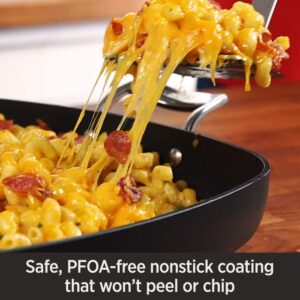
How do I clean Calphalon non-stick cookware?
Cleaning Calphalon non-stick cookware is easy and straightforward. It is recommended to hand wash the cookware using warm, soapy water and a non-abrasive sponge or cloth.
Avoid using harsh cleaning agents or metal scouring pads, as they can damage the non-stick coating. For stubborn food residue, let the cookware soak in warm, soapy water before gently scrubbing it with a soft sponge or brush.

This image is the property of images.pexels.com.
Can I use metal utensils with Calphalon non-stick cookware?
It is generally recommended to use non-metal utensils with Calphalon non-stick cookware to prevent scratching or damaging the non-stick coating. However, some Calphalon lines are designed to be compatible with metal utensils, such as their “Unison” line. It is important to check the specific product instructions to determine if metal utensils are safe to use.
Are Calphalon pans oven-safe?
Yes, many Calphalon pans are oven-safe. The specific oven-safe temperature will vary depending on the product line, so it is important to check the manufacturer’s instructions for the recommended oven temperature for each specific pan.
Generally, Calphalon pans with stainless steel handles are oven-safe up to higher temperatures than those with silicone or plastic handles.
What is the recommended oven temperature for Calphalon cookware?
The recommended oven temperature for Calphalon cookware will depend on the specific product line. It is important to refer to the manufacturer’s instructions for the recommended temperature for each specific piece. In general, Calphalon cookware can safely withstand oven temperatures up to 500 degrees Fahrenheit (260 degrees Celsius).
Can I use Calphalon cookware on a smooth-top electric range?
Yes, Calphalon cookware can be used on a smooth-top electric range. However, it is important to ensure that the cookware has a flat and smooth bottom to make proper contact with the cooking surface.
Calphalon cookware with a non-stick coating is especially suitable for smooth-top electric ranges, as it reduces the risk of scratching the surface. Always follow the manufacturer’s instructions and recommendations for safe and effective use of Calphalon cookware on specific cooking surfaces.


